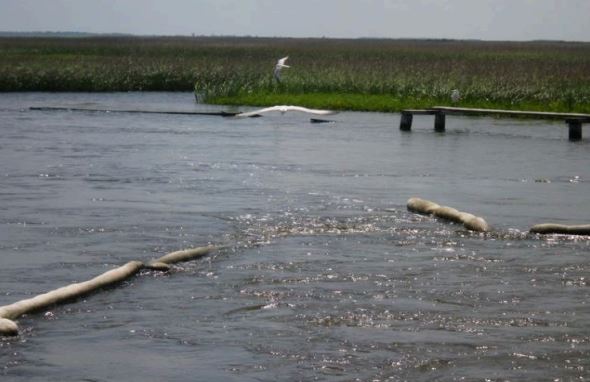Ponderings
Collectively explore diverse themes of theology, justice, governance, and ethics: William G. Swanson’s scholastic papers, including “God, Creation, and Restoring the Balance,” delve into theological concepts like the Big Burp Theory from an Anglican perspective, developed during his studies at Episcopal Divinity School; Kathryn A. Piccard’s “Just Words?” provides articles and guides on using language to promote justice; Dianne Ramsdell Newman’s “Justice and Liberty for Indigenous Women” emphasizes the integral, equal role of Native American women in matrilineal tribal governance; Abdul Jaleel’s “The Dominion of the Republic of India” offers a scholarly analysis of Indian governance submitted to a Member of Parliament; and the discussion on “Sally Hemings & her Sisters” examines whether Sally Hemings’ relationship with Thomas Jefferson constituted sexual abuse, reflecting on modern Episcopal Church policies that equate clergy-parishioner relationships with potential abuse. Together, these works address profound social, cultural, and ethical issues through scholarly and reflective lenses.
Poems
Poems inspired by themes of social justice, spirituality, and human rights, reflecting the legacy of Katrina. Written by family and friends they explore dreams, equality, and resistance to injustice, often with emotional depth and vivid imagery, as seen in works like “Mother’s Day Poem” and “Miracales Happen After Hard Work” These poems aim to inspire hope, resilience, and action for a more equitable world. Click Here.
Publications
- Walk the Talk: A Quest for Equality Helene de Boissiere Swanson is writing a book about her 10,000-kilometre pilgrimage across the United States of America in support of Equality for All. A draft of the first chapter, titled White Ants from her book Walk the Talk: A Quest for Equality please Click Here
- 10 Blessings for the Church Fifty years an Episcopal priest in America and Africa have shown Swanson ten things we do wrong in church (him included) and ten blessings that bring us closer to what we were like in the early church). M
- Read More…


